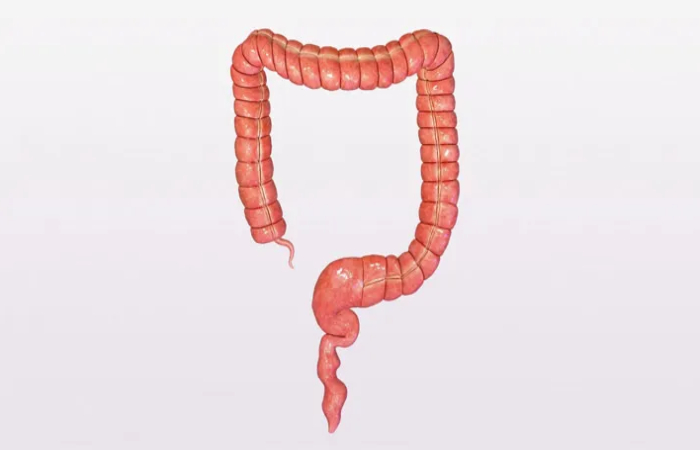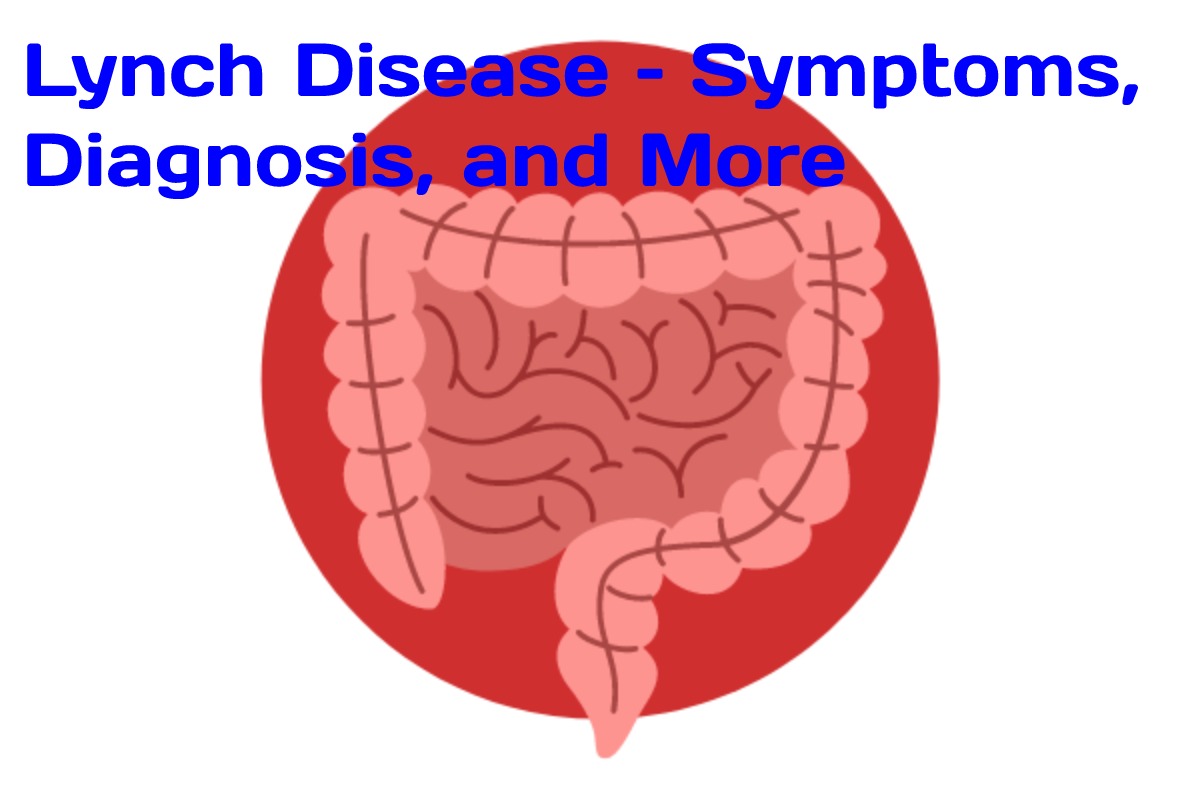Lynch syndrome is a genetic disease with an increased risk of cancer. People with Lynch syndrome are at increased risk of cancer of various types such as colon, rectum, stomach, small intestine, liver, gallbladder, upper urinary tract, brain, skin, and prostate. Women with Lynch syndrome are also at high risk for uterine (endometrial) and ovarian cancer. Sometimes there are also noncancerous (benign) growths called “polyps” in the colon. Lynch syndrome is genetic in an autosomal dominant manner and origin from mutations in the MLH1, MSH2, MSH6, PMS2, or EPCAM genes. It is not unkind that all people who inherit mutations in these genes develop cancer, but rather that they have a higher risk of developing it. When there is colon cancer, surgery must remove the colon ( colectomy ). People diagnosed with Lynch syndrome should have colon exams ( colonoscopy ) routinely.

Table of Contents
Symptoms and Signs of Lynch Syndrome
People with Lynch syndrome disease are at improved risk of cancer in several different organs throughout their lives:
- Colon and rectal cancer: 52% to 82% risk (mean age at diagnosis 44-61 years);
- Endometrial cancer (in women): 25% to 60% risk (mean age at diagnosis 48-62 years);
- Stomach cancer: 6% to 13% risk (median age at diagnosis 56 years);
- Ovarian cancer: 4% to 12% chance (median age at diagnosis 42.5 years, approximately 30% diagnosed before age 40 years).
The risk of other cancers related to Lynch syndrome is lower, although it is increased compared to the general population.
Lynch Syndrome Diagnosis
Lynch syndrome can be diagnosed with clinical signs and symptoms based on a guide by several experts in this disease called the “Amsterdam Clinical Criteria.” Molecular genetic tests identify the mutations that affect the ovule or the sperm (germline mutations) in one or more of the so-called “mispair repair genes” ( MMR genes – mismatch repair genes ).
The Amsterdam Clinical Criteria are:
- There are more than three family members with cancer of the colon and rectum (colorectal) or other cancers associated with the syndrome (endometrial cancer, ovarian cancer, small intestine cancer, bile duct cancer, urinary tract cancer, or others);
- That there are relatives affected in several generations; Y
- That any of these cases have been detected before age 50.
If you already have cancer, there are tests called tumour screening. That is done directly on your tumor. There are two types of tumor screening tests for Lynch syndrome:
- The microsatellite instability (MSI) test; Y
- Immunohistochemistry (IHC) test.
These tests look for changes in genes or proteins related to Lynch syndrome and “predict” if cancer is coming back. The best way to identify Lynch syndrome is to have genetic testing on a blood sample. If a change initiates a Lynch syndrome gene, other family members test to see if they also have Lynch syndrome.
To read more information about how the diagnosis is complete, please visit the following link from the Centers for Disease Control and Prevention:
See the list of laboratories that offer the genetic test for Lynch syndrome provided by the Genetic Testing Registry. Most of the time, laboratories do not accept direct contact with patients and their families, only with a health professional. The genetics professional can guide you to find out if you need to do a genetic test.
Lynch Syndrome Treatment
Colon cancer treatment is done with surgery to remove the colon (colectomy) with the union of the tip of the small intestine to the rectum (ileorectal anastomosis).
Colon removal before cancer is usually not recommended for people with Lynch syndrome. Routine colonoscopy is an efficient test to detect cancer before it forms as it allows pre-cancerous polyps to remove. It is complete once a year or every two years, beginning between the ages of 20 and 25 or every two to five years before the earliest age a family member detects.
Women with Lynch syndrome should also have yearly pelvic exams to check for uterine cancer. Removal of the uterus and ovaries without cancer can complete after the woman has children. Leading a healthy life with a balanced diet and regular exercise is essential.
Prevention
Using AAS (acetylsalicylic acid) in low doses reduces the cases of colorectal cancer in Lynch syndrome. The tracking of the disease and the periodic examinations carried out after confirmation of the diagnosis are very efficient in the early detection of diseases and tumors resulting from it, significantly increasing the chance of success and cure in the treatment.

